Zimbabwe's tax authority says it has prosecuted more than 50 employees for corruption during the first seven months of 2025 and suspended 306 since 2016 - part of a sweeping purge sparked by lifestyle audits.
It marks the first time a government agency has moved this aggressively to root out graft within its own ranks, setting a precedent that other state bodies have largely avoided.
The Zimbabwe Revenue Authority (Zimra) confirmed that at least 306 employees had been suspended between 2016 and 2024, with 14 suspensions already recorded in 2025.
In what observers see as the clearest sign yet that Zimra is taking its internal rot seriously, some officers have lost illegally acquired assets while several have been dragged before the courts.
Yet corruption remains entrenched at the country's borders - long viewed as hotbeds of bribery and smuggling that drain the economy. The Zimbabwe National Chamber of Commerce estimates that illicit trade is costing the country more than US$2 billion annually.
Speaking at the Integrity and Accountability Summit hosted by Transparency International Zimbabwe (TIZ), Zimra's director of loss control, Tapiwa Manyika, admitted the agency had been deeply compromised.
"Zimra has become a corruption hotspot, primarily because it is responsible for revenue collection, making it a target for abuse," Manyika said.
"However, this situation is not unique to Zimra. Revenue authorities around the world face similar challenges."
He said the tax body has been implementing sweeping reforms since 2018, including an integrity management framework, an action plan, and lifestyle audits designed to flag unexplained wealth and weed out corrupt officials.
"We want the public to know Zimra is not corrupt. Our contract of employment is an integrity management tool. If you breach integrity values, that contract can be terminated," Manyika stressed.
One of the most recent incidents involved two officers charged in late July for smuggling T-shirts disguised as agricultural goods. In January, four others were arrested for allegedly demanding bribes to release confiscated cargo.
"Most of the cases involve our own staff, but some include agents from counter-state security," Manyika said, noting that corruption cases often implicate multiple people.
The crackdown comes amid mounting public frustration over state-sanctioned looting and a justice system widely viewed as failing to hold powerful figures to account.
Zimra, tasked with collecting billions in tax revenue annually, has often been accused of facilitating bribery, deliberate undervaluation of goods, and collusion with criminal syndicates. Border posts such as Beitbridge, Plumtree and Forbes have for years been hubs for smuggling operations, eroding the country's revenue base.
Tafadzwa Chikumbu, executive director of TIZ, praised Zimra's actions but urged broader accountability.
"We recognise Zimra's efforts to promote transparency and anti-corruption, especially among its employees," Chikumbu said.
"But corruption is an organised crime. In many cases, Zimra officials are involved, but so are other agencies, NGOs, and private actors. All of them should be brought to book."
Despite the prosecutions, critics warn that enforcement alone will not be enough without political will, independent oversight, and a government-wide commitment to transparency.
As Zimbabwe's economic crisis deepens, the financial and social cost of corruption is becoming harder to ignore - and Zimra's purge may be the first real test of whether the country can finally hold the untouchables to account.
- The Independent
 Zimbabwe's budget falls short of Abuja health target funding
Zimbabwe's budget falls short of Abuja health target funding  South Africa's debt-to-GDP ratio worsens under Ramaphosa
South Africa's debt-to-GDP ratio worsens under Ramaphosa  UK's Boris Johnson quits over Brexit stretegy
UK's Boris Johnson quits over Brexit stretegy  First Mutual to list Zimbabwe's first gold ETF
First Mutual to list Zimbabwe's first gold ETF 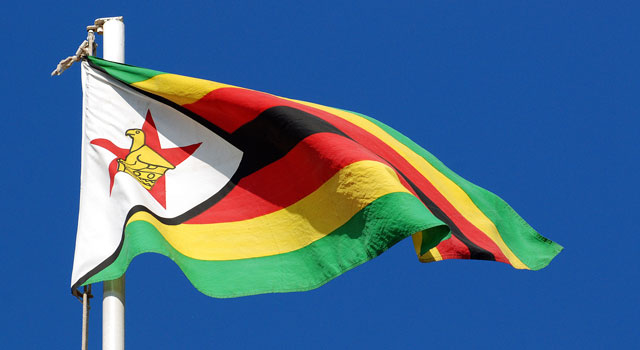 Zimbabwe on track for 6% growth
Zimbabwe on track for 6% growth  Econet defends fair usage policy amid backlash
Econet defends fair usage policy amid backlash  Young Investment Professional (YIP) Graduate Programme 2019
Young Investment Professional (YIP) Graduate Programme 2019 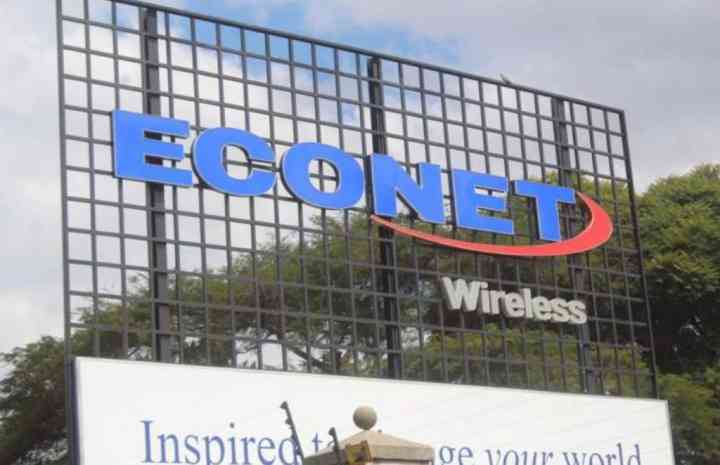
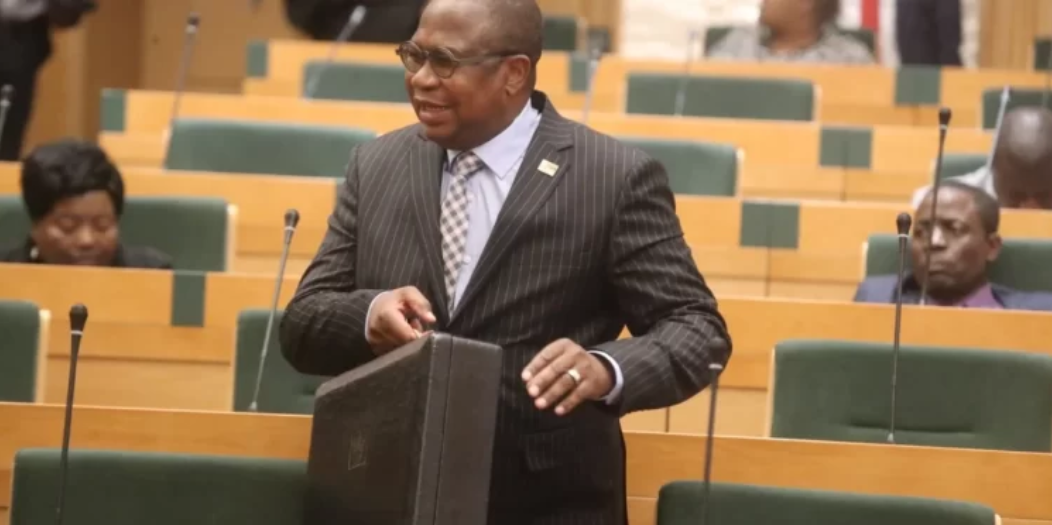
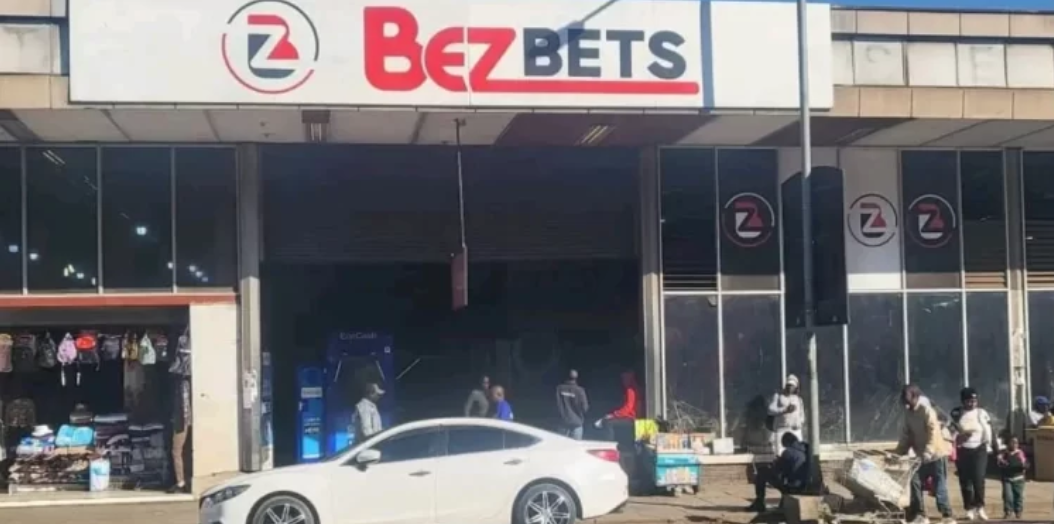

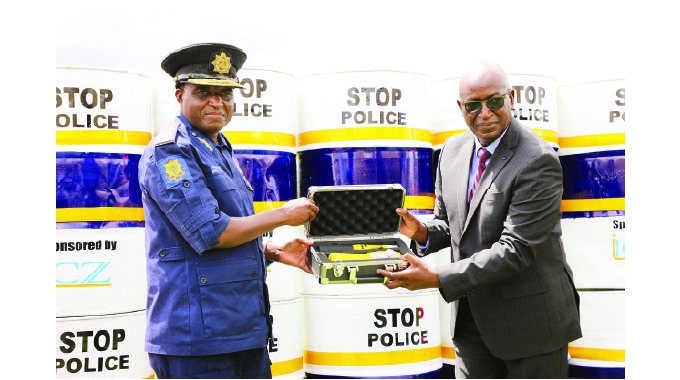
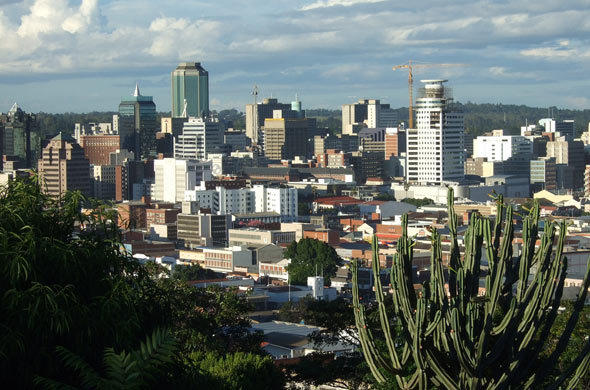
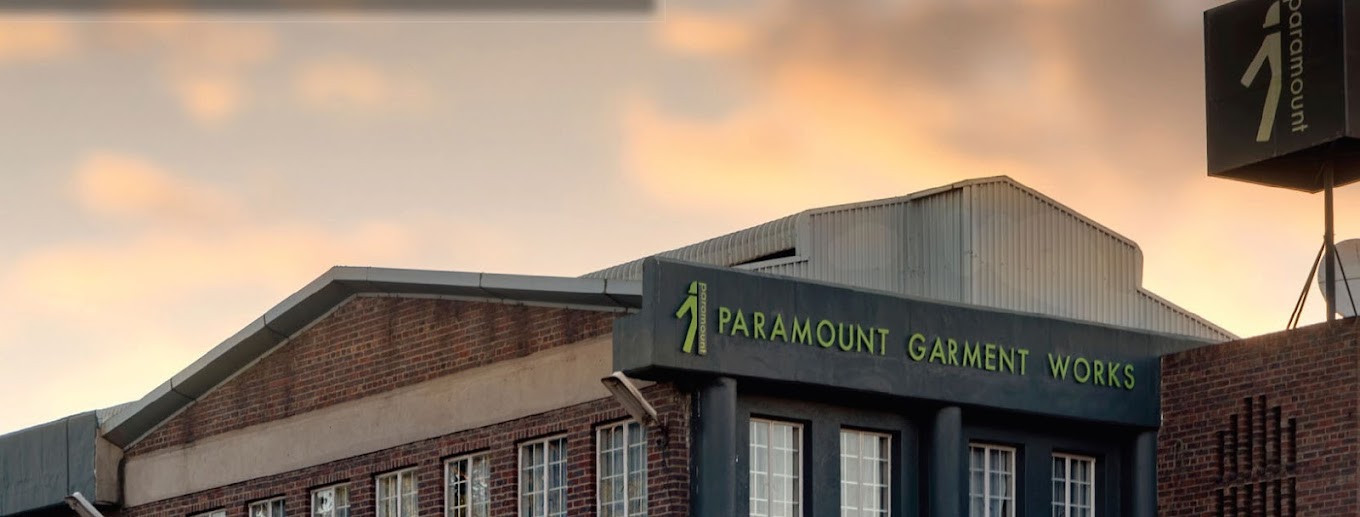

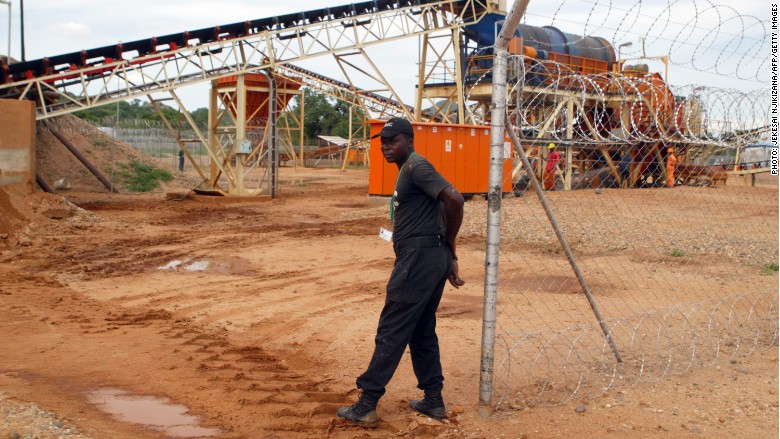
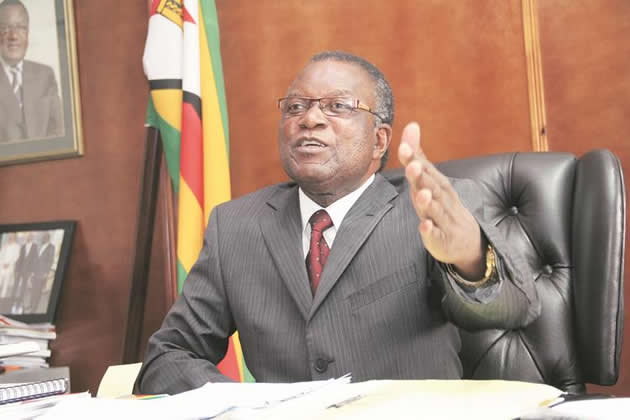

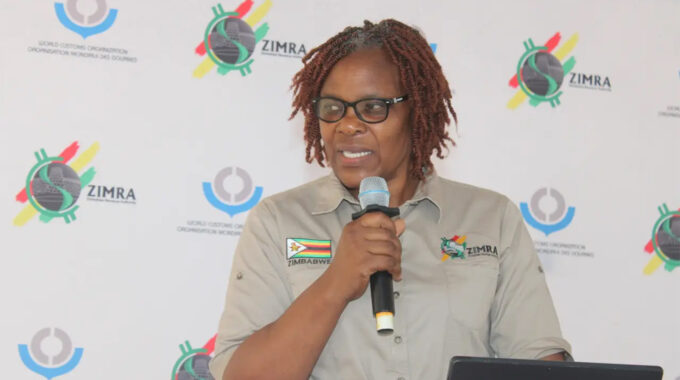
 Young Investment Professional (YIP) Graduate Programme 2019
Young Investment Professional (YIP) Graduate Programme 2019
Editor's Pick